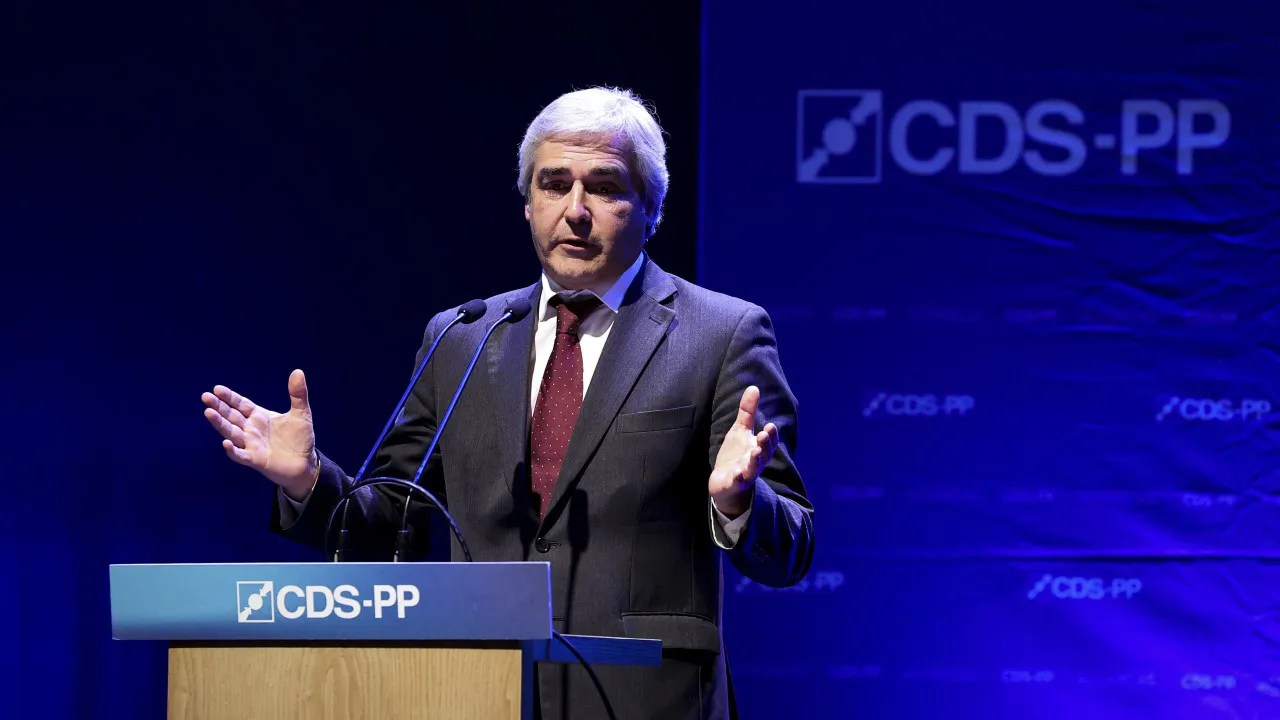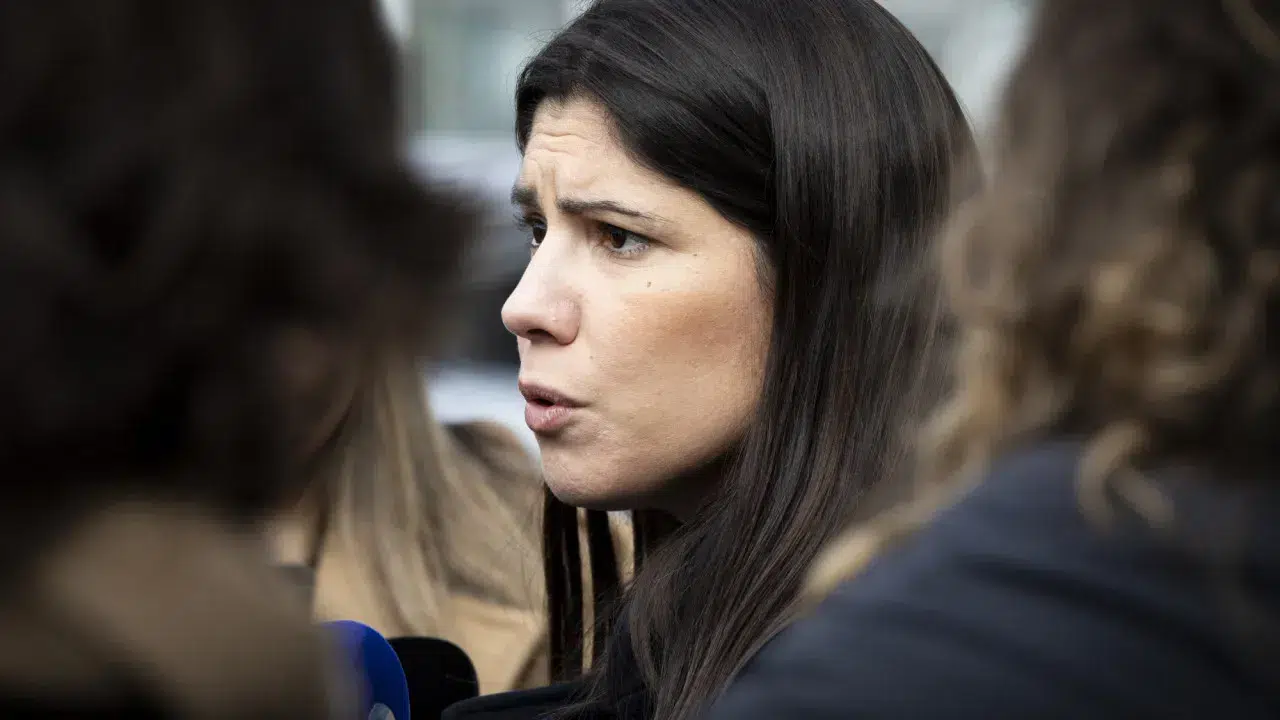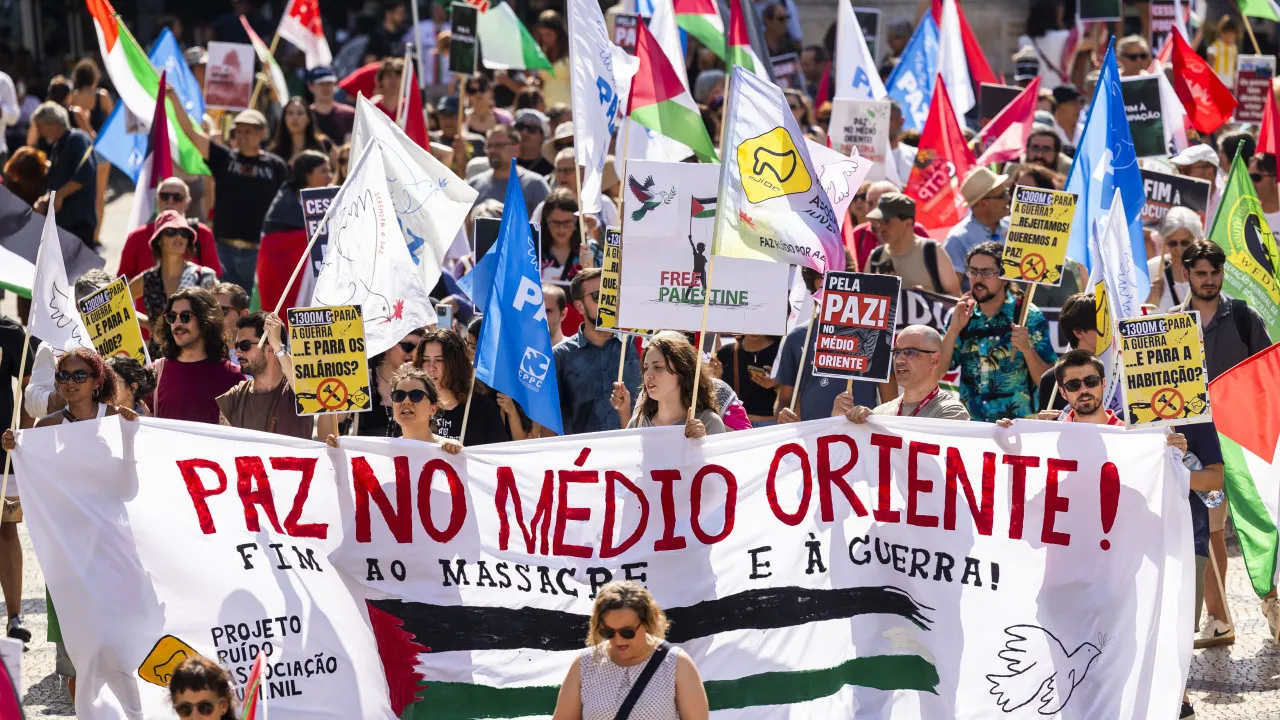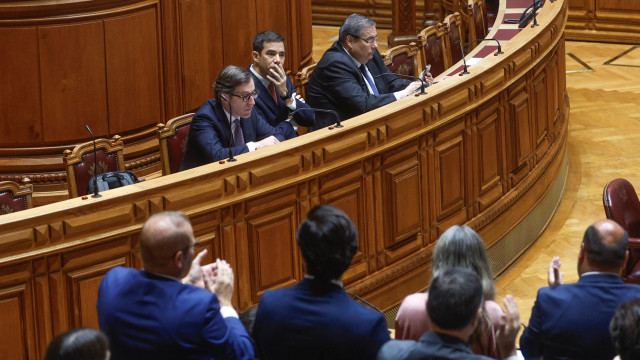
“We are paying very high prices, and there isn’t enough, which is a reality,” warned Luis Gallego, CEO of the International Airlines Group (IAG), the parent company of Iberia and British Airways.
Sustainable Aviation Fuel (SAF) is produced from sustainable materials such as used oils, agricultural waste, algae, or even captured CO2, and during its life cycle, it emits less CO2 than traditional fuels like kerosene.
The European Union’s RefuelEU regulation mandates that airlines operating in the single market must carry at least 2% of SAF in 2025, 6% by 2030, and 70% by 2050.
However, airlines report shortages in the market, with producers reverting to fossil fuels.
For this reason, the Spanish executive considered that the only “realistic” option is to delay the goals negotiated within the EU, amid the Green Deal of the last European legislature.
“It is not that we want to delay the date; what we want is SAF, but there is none,” Gallego summarized.
The IAG head asserted that airlines are “committed to reducing emissions,” but this should be “an economical and accessible business for everyone”; he lamented that the existing SAF in the market is not only insufficient but also three to five times more expensive than kerosene.
“We need a strategy to bridge this gap (…). If actions are not taken now, the only realistic solution is to change the target,” added Gallego, citing a Boston Consulting study indicating that by 2030, there will be a 30% deficit in SAF relative to the volume required by EU legislation for aircraft.
“It’s a supply problem,” stated Ryanair CEO Michael O’Leary.
In general, major European airlines complain about being left behind by excessive regulation, stricter than other global jurisdictions, leading to a threefold increase in their operating costs since 2014.
“European aviation is falling behind. Europe cannot accept this,” warned Christian Spoher, CEO of Lufthansa.
The airlines are urging, among other points, the prohibition of national air traffic controllers from striking, which disrupts traffic and causes delays across the single market, and for EU rules to align with those outside the EU, as aviation is a global industry.
Benjamin Smith, CEO of Air France-KLM, called for more free emission allowances for airlines under the ETS system, which assigns a price to CO2, and opposed green policies that, in his opinion, favor extra-community competition.
Smith illustrated the issue with an example of a passenger wanting to travel from Nice (France) to Tokyo, for which there is no direct flight. One option is to fly from Nice-Paris-Tokyo, but this route involves CO2 emission payments and partial SAF fueling, making the flight more expensive.
The alternative is to fly from Nice to Ankara and then from Turkey to Japan, where EU requirements only apply to the shorter leg (Nice-Ankara) and not to the non-EU leg (Ankara-Japan), making it less costly for a non-EU airline operating the flight.
“We need to find a solution,” because carbon dioxide is ‘relocated’ but not prevented from entering the atmosphere.
“The sky is global, the climate is global, our industry is global… we need global regulation,” concluded the president of Lufthansa.




